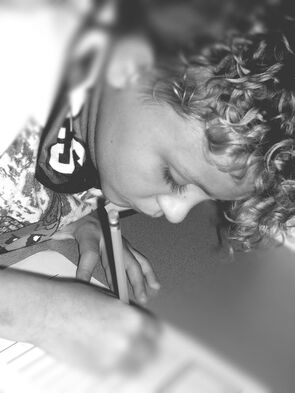
Does someone feel oppressed? Enslaved? Beaten? Why do they feel that way? Is it a result of their upbringing? Their atmosphere? Their education?
Does someone act superior? How did they get there? Is it because they were taught hatred? Is it a because they have a lack of diverse experiences?
Do they get their news from biased sources? Have they heard both sides? Are their families talking about things without any substance to back up their opinions? Or have they done their homework? Do they know the platforms? Have they applied foundational beliefs to their conversation.
One thing we do know is that humanity is complex...and that's where history comes in handy as a solution. Before family fails, before education falls, before society becomes antisocial, before civilization is uncivil, our education system must realize the solution. Outside of religious benevolence and evangelism, history teaches about difficult dilemmas, stumbles, errors, and bad decisions. History can teach sportsmanship better than team sports, formal grammar better than a writing textbook, comprehension better than a literature course, geometry, probability, statistics, and so much more. More than anything, the subject of history is where we find civics and citizenship. It's so much more than dates and dead guys. It is stories, characters, plotlines, and settings.
The problem with any plea for more history lies with the fact that elementary teachers do not specialize in history. They often feel that they don't know enough (and they would be right). And that's where we find ourselves - breaking the cycle: when teachers fail to interest their students in history, the students who grow up to be teachers will also fail to interest their students in history.







































